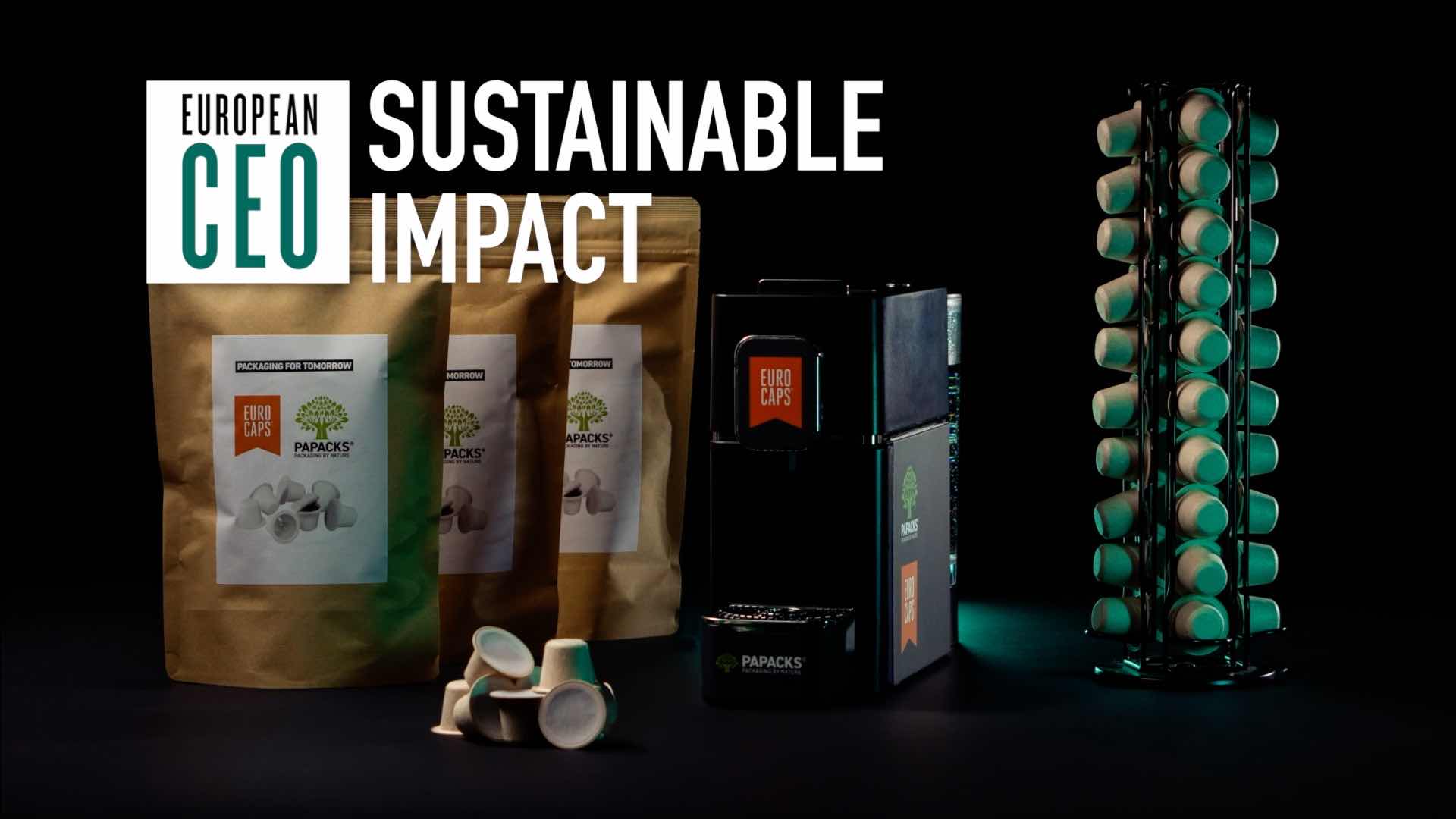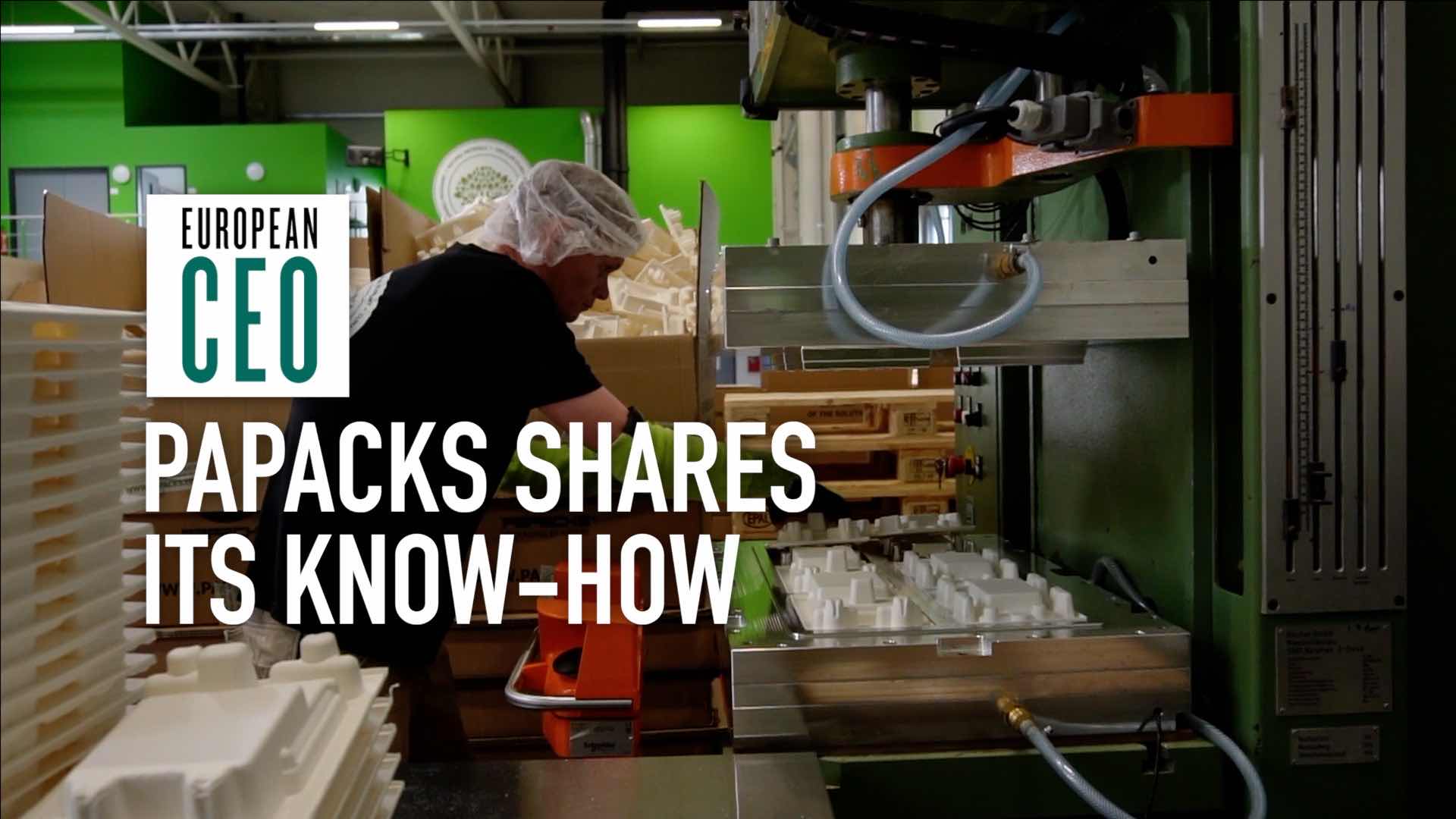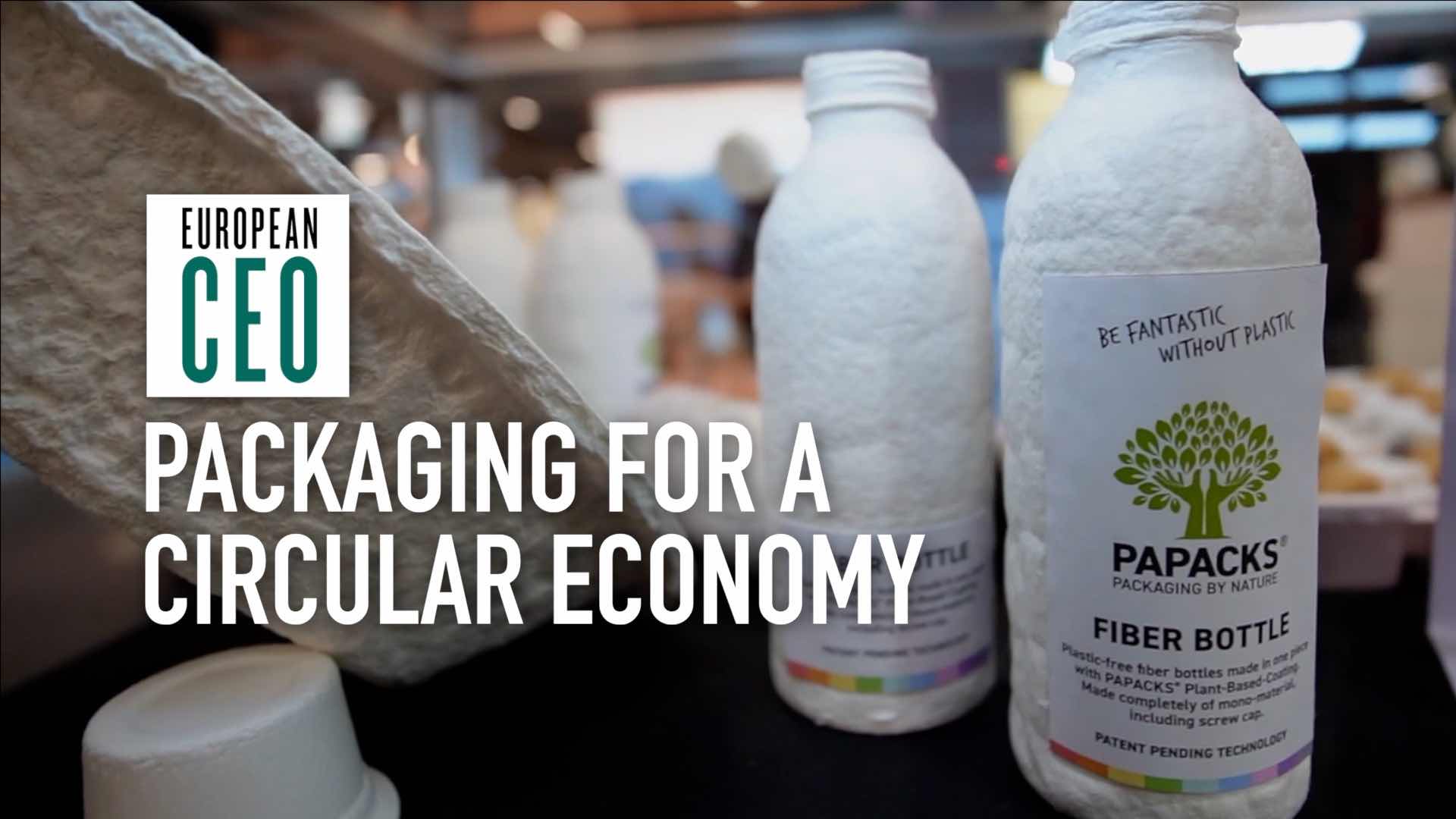Destination Portugal: How two businesses succeeded through the storm
The CEOs of Siemens Portugal and Fladgate Partnership compare their experiences of building businesses in Portugal
Transcript
Portugal’s economy has risen and fallen alongside many of its neighbours over the past years but some of the industries and companies have remained resilient. Carlos Melo Ribeiro, CEO of Siemens Portugal; and Adrian Bridge, CEO of fine port makers Fladgate Partnership, describe the characteristics of Portugal and its people that have helped them succeed amid the turbulence of the euro crisis.
European CEO: Portugal’s economy has risen and fallen alongside many of its neighbours over the past years but some of the industries and companies have remained resilient.
One such is Siemens Portugal, whose CEO Carlos Melo Ribeiro, joins me down the line now.
Carlos, you have been with Siemens now for 20 years – how has the company developed in that time and how has it contributed to and worked with Portugal’s economy?
Carlos Melo Ribeiro: So Siemens has been in Portugal for more than 110 years, and in the last 20 years, I’ve been the CEO of this company. We can divide these last 20 years more or less in four phases: the first phase we turned our low cost factories into high tech factories, we invested a lot and created around 5,000 high-tech work places.
The second phase, was the investment on software and research and development in telecommunications, we developed more than 1,000 engineers exporting research for the Siemens world.
The third phase, when Siemens decided to sell its telecommunications into a join venture with Nokia – we turned our development into the development of centres of competence in engineering and services. We developed more than 18 centres of competency with more than 1,000 people working for the Siemens world.
In the last phase, when the crisis of Europe arrived, we turned ourselves to the rest of the world and to use our engineering capacities in the growing world of Siemens, for example, Africa.
European CEO: So where are you focusing on now and how are you approaching new markets?
Carlos Melo Ribeiro: Two years ago Siemens restructured its world organisation and created 30 lead countries, having responsibilities of taking care of other countries. And we got the responsibility to take care of Angola and Mozambique. Those are countries that speak Portuguese, where we have a very big liaison.
In all these 20 years, we did the major infrastructure projects in Portugal: combined recycle, renewable energies, and automatisation in the industry – we had the biggest implantation of railway installation in Portugal. So, we have a lot of capacities developed in Portugal, that we are now trying to use in the rest of the world, and, in this case, especially in Africa; where the development of these countries needs our capacities.
European CEO: The TTIP is of course big news, at the moment. How do you see its opening up trade for Portugal and indeed Siemens?
Carlos Melo Ribeiro: Siemens has 70 percent of its people working in Europe and the US. The creation of these markets will bring €200 billion extra businesses. So Portugal will be in the middle: we’ll increase our industry in exports, we’ll increase our energy production; we’ll be in the middle of logistic imports. So I think this is what’s the most important for a country like Portugal.
What I’d say is that our company and I would say the government of Portugal, should invest a lot in planning the activities, towards these biggest markets in the world.
European CEO: Carlos, thank you.
Carlos Melo Ribeiro: You’re welcome.
European CEO: Now another company bucking the trend is the Fladgate Partnership, makers of fine port.
Adrian Bridge CEO joins me now.
Adrian: 2015, a good year for Portuguese wine?
Adrian Bridge: Yeah, in a way, we’ve experienced an extremely good vinicultural cycle. It was a little bit dry last winter but we had a very hot spring and a hot summer right now. What we are seeing is good quality grapes being grown. Harvest will be a couple of weeks earlier than perhaps last year but there is an enormous potential.
Obviously, like any agriculture business, we have a challenge and that is that we are sitting here with our fingers crossed, hoping the weather doesn’t change and rain doesn’t happen between now and September. So it’s quite a long time to wait, but if everything carries on the way it is. Yes, it will be fabulous.
European CEO: How can a company innovate in such a traditional sector as the port wine sector, transforming it into an appealing product that sells to 72 countries around the world?
Adrian Bridge: Well, I think port wine is one of the world’s most famous wines and, it’s a business that we’ve now have been in at Taylor’s Port for over 323 years. And, so you know, it has great advantages; that is enjoyed by consumer today, as much as it was, hundreds of years ago. It hasn’t, if you like, gone out of fashion.
I think that that provides, not only tremendous opportunities, but also we need to innovate and clearly we’ve innovated with new styles of port like: LBV, or pink, or organic ports, or indeed some single harvest dated ports. We’ve innovated with packaging and presentation of our products; we’ve innovated with developing markets and engaging new consumers and new consumption moments. But most of all, and most importantly, we’ve innovated in our vineyards and in our wineries. And that is obviously ensuring the quality; and the quality is perhaps the most important thing. And this is something we’ve strived to do to improve year in and year out.
European CEO: Portugal’s economy is known to be traditional but it does have very innovative sectors. How are they driving the country forward?
Adrian Bridge: It’s not so much that Portugal’s economy is meant to be traditional; so much as; it values tradition. This is an important distinction, because traditional values are sort of honesty, hard work, and stability, which are critical platforms on which one can innovate, and businesses can be built.
People come here to Portugal to see and hear and visit and learn about: how we make our products, and they value the traditions that are clearly inherit in what we do, and what we’ve doing for over 300 years. They are also delighted to discover how well it’s combined with a modern state of the art development that we have in our wineries, and in our products and presentation. So I think this balance is what is so important and what has helped to drive the country forward.
European CEO: Finally, what are the advantages of doing business in and with Portugal?
Adrian Bridge: Portugal went out 600 years ago to discover the world and develop trade. And that spirit of entrepreneurship, and it’s very much a pioneering spirit, which is still alive and can be found in the nation.
Another thing very important for the Portuguese people is their willingness to embrace new challenges; creates a very positive environment.
That combined with the fact that the Portuguese people have tremendous ability for languages; particularly in English, which makes a difference and places Portugal, if you like, in a great difference to many other Mediterranean nations.
It’s easy to get things done. It is easy to communicate and I believe that these are vital ingredients for any business. The important point is that the potential is enormous – here in Portugal.


 Papacks CEO: ‘Working with sustainable impact makes people happy’
Papacks CEO: ‘Working with sustainable impact makes people happy’ Papacks goes global by sharing molded fiber technology in licence model
Papacks goes global by sharing molded fiber technology in licence model Think circularity: Molded fiber is the sustainable future of packaging
Think circularity: Molded fiber is the sustainable future of packaging